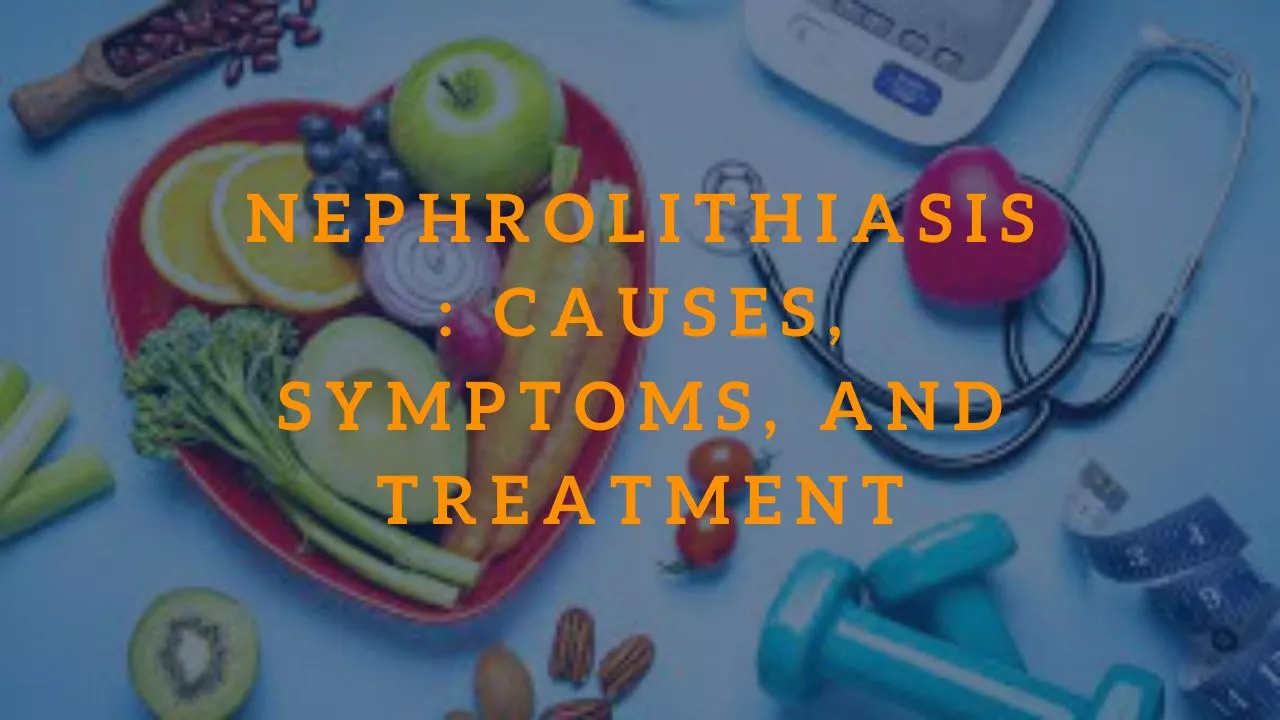Hello, 1-GSM visitors! Today we will talk about nephrolithiasis, a common condition that affects people of all ages. Nephrolithiasis, also known as kidney stones, is a condition where small, hard deposits of minerals and salts form in the kidneys. These stones can cause severe pain and discomfort, and if left untreated, they can lead to more serious health problems.

Causes of Nephrolithiasis
The exact cause of nephrolithiasis is not known, but there are several factors that can increase the risk of developing kidney stones. These factors include:
- Dehydration
- Obesity
- A diet high in protein, salt, and sugar
- A family history of kidney stones
- Medical conditions such as gout and hyperparathyroidism
Symptoms of Nephrolithiasis
The symptoms of nephrolithiasis can vary depending on the size and location of the kidney stones. Some common symptoms include:
- Severe pain in the back, side, or lower abdomen
- Nausea and vomiting
- Blood in the urine
- Frequent urination
- A burning sensation when urinating
Diagnosis of Nephrolithiasis
If you experience any of the symptoms of nephrolithiasis, it is important to see a doctor as soon as possible. Your doctor will perform a physical exam and may order several tests to diagnose the condition. Some common tests include:
- Urinalysis
- Blood tests
- X-rays
- Ultrasound
- CT scan
Treatment of Nephrolithiasis
The treatment of nephrolithiasis depends on the size and location of the kidney stones. In some cases, small stones can pass through the urinary tract without any treatment. However, larger stones may require medical treatment. Some common treatments include:
- Pain medication
- Drinking plenty of water to help flush out the stones
- Extracorporeal shock wave lithotripsy (ESWL), a non-invasive procedure that uses shock waves to break up the stones
- Surgery to remove the stones
Prevention of Nephrolithiasis
There are several steps you can take to prevent the development of kidney stones. Some common prevention methods include:
- Drinking plenty of water
- Eating a healthy diet low in salt, sugar, and protein
- Limiting your intake of oxalate-rich foods such as spinach and rhubarb
- Taking medication as prescribed by your doctor
Complications of Nephrolithiasis
Complications of nephrolithiasis can range from mild to severe. Some common complications include:
- Urinary tract infections
- Blockage of the urinary tract
- Kidney damage
- Chronic kidney disease
Conclusion
Nephrolithiasis is a common condition that can cause severe pain and discomfort. If you experience any symptoms of kidney stones, it is important to see a doctor as soon as possible. With proper diagnosis and treatment, most people with nephrolithiasis can recover fully. Remember to take steps to prevent the development of kidney stones by drinking plenty of water and eating a healthy diet. Thank you for reading and see you again at our other interesting article!
